A Conversation with Bruce Duffie
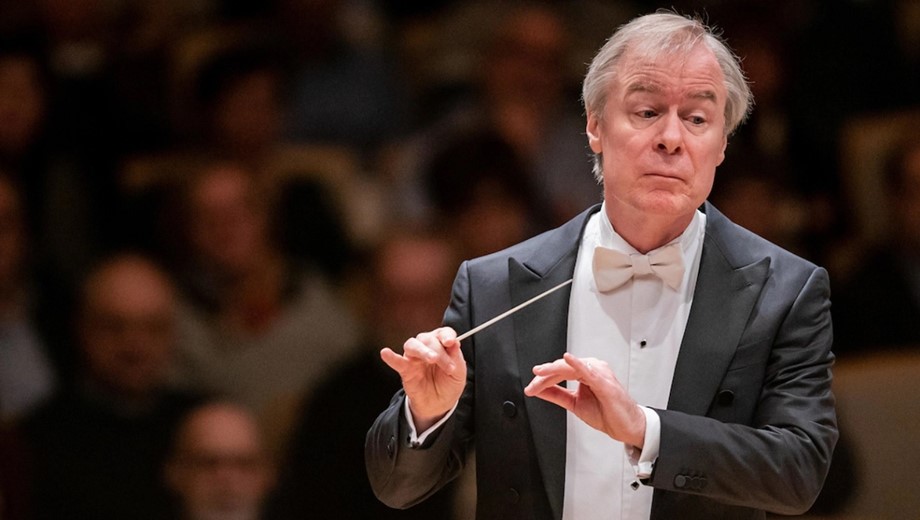

|
David Robertson – conductor, artist, thinker, and American musical visionary – occupies some of the most prominent platforms on the international music scene. A highly sought-after podium figure in the worlds of opera, orchestral music, and new music, Robertson is celebrated worldwide as a champion of contemporary composers, an ingenious and adventurous programmer, and a masterful communicator whose passionate advocacy for the art form is widely recognized. A consummate and deeply collaborative musician, Robertson is hailed for his intensely committed music making. == Text (only) slightly edited from the Opus
3 Artists website
== Names which are links throughout this webpage refer to my interviews elsewhere on my website. BD |
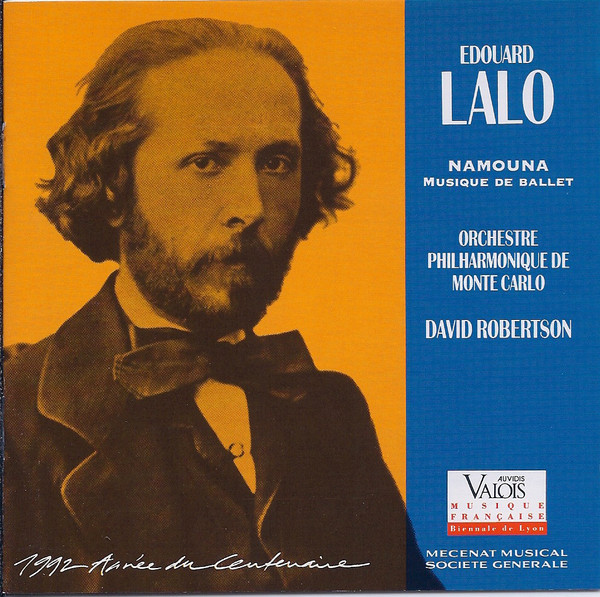 Bruce Duffie: How much should the audience think
about the looks, and how much should they think about the music when
they come to concert?
Bruce Duffie: How much should the audience think
about the looks, and how much should they think about the music when
they come to concert?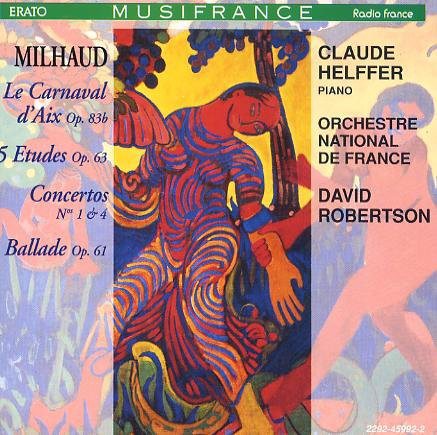 BD: When, in fact, you have just made sure of the
refraction?
BD: When, in fact, you have just made sure of the
refraction?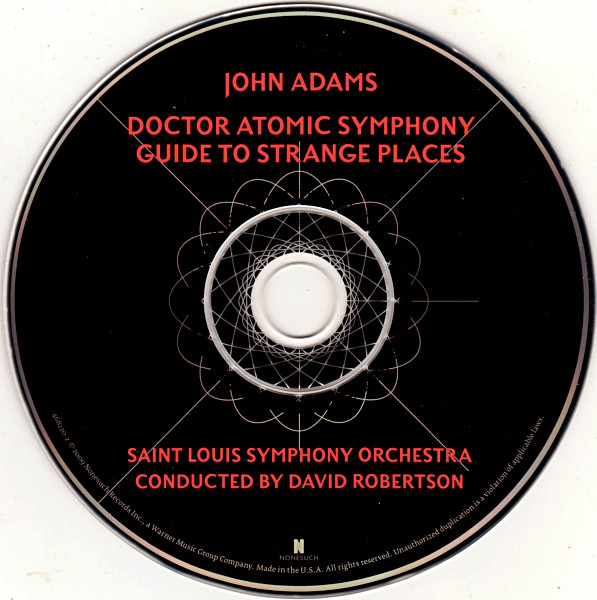 Robertson: Absolutely, and this is
the thing which makes the actual act of listening to music, and what
we think of as Western art music such an extraordinary experience.
What you’re listening to is a type of discourse which is really
saying something at all sorts of moments, and the things that it can
say can be subtly different from one moment to the next, even with the
same players and with the same piece over a short span of time. This
morning in the rehearsal was just so fabulous to listen to the way that
one can shape things with the players with the Chicago Symphony Orchestra.
It is such that they never, never play a phrase the same way twice.
Robertson: Absolutely, and this is
the thing which makes the actual act of listening to music, and what
we think of as Western art music such an extraordinary experience.
What you’re listening to is a type of discourse which is really
saying something at all sorts of moments, and the things that it can
say can be subtly different from one moment to the next, even with the
same players and with the same piece over a short span of time. This
morning in the rehearsal was just so fabulous to listen to the way that
one can shape things with the players with the Chicago Symphony Orchestra.
It is such that they never, never play a phrase the same way twice.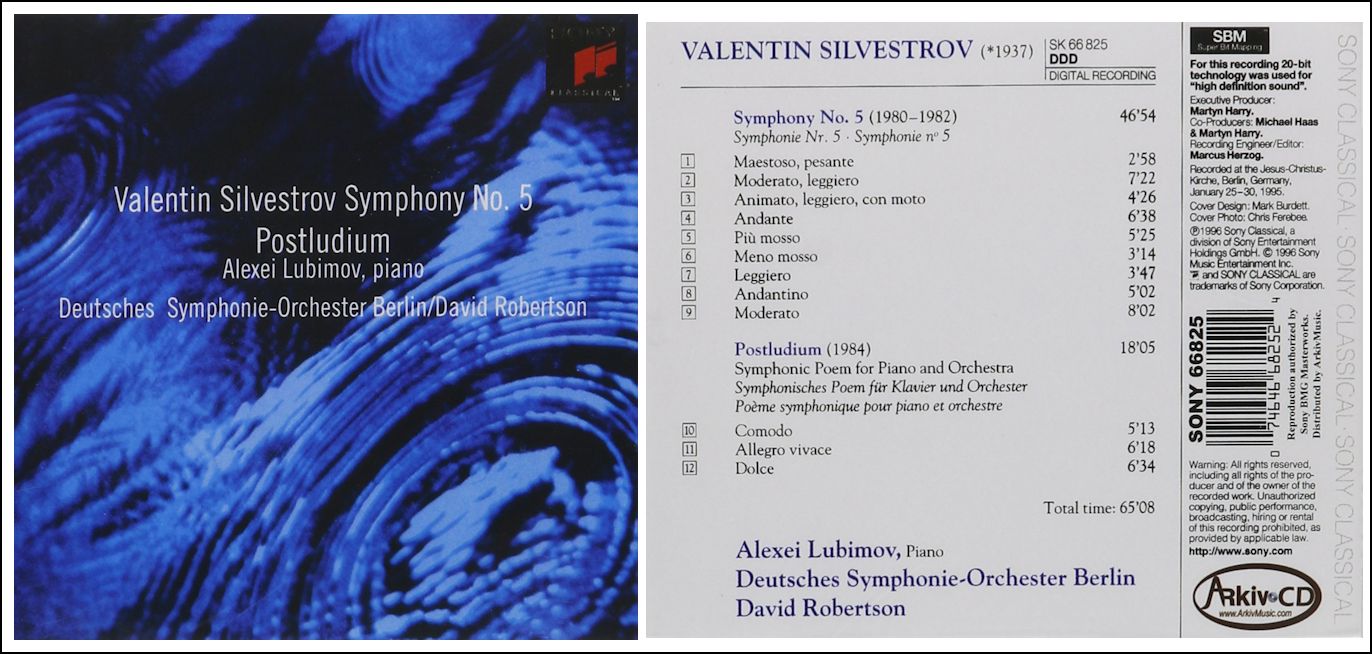
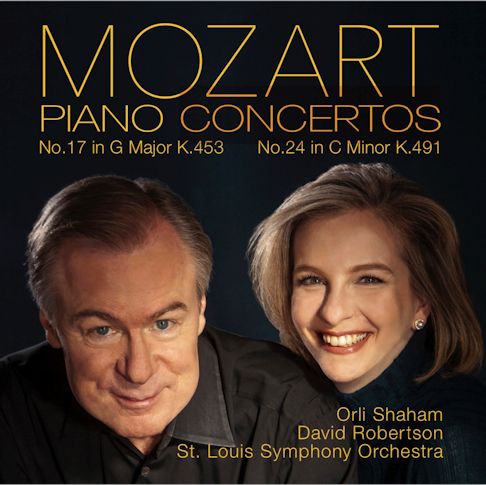 BD: Is a concert in any way your
child, or is it completely different?
BD: Is a concert in any way your
child, or is it completely different?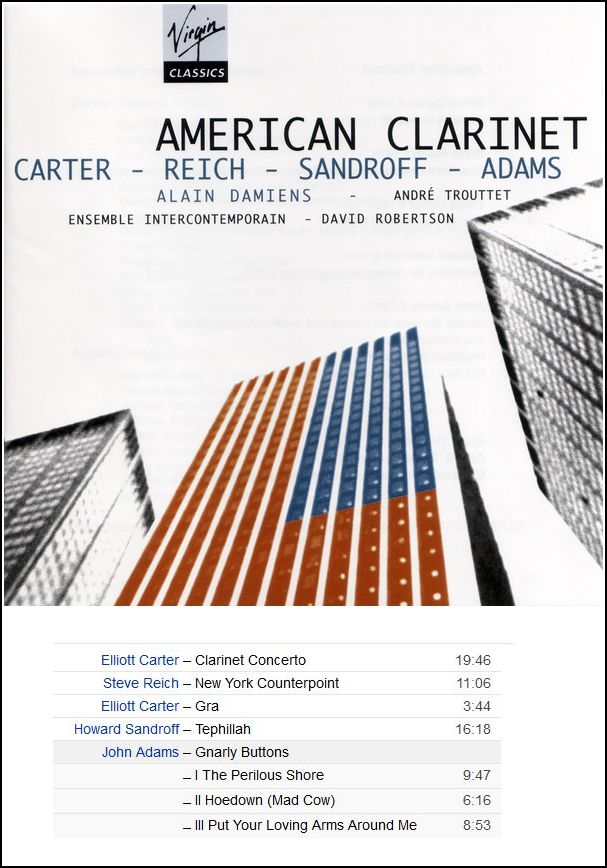 Robertson: Oh frequently, but this is
also a source of joy rather than a source of worry. There are
times when one’s own personal feelings sometimes make you think, “I
wasn’t really very happy with that performance.”
Then, someone will come back to you, and it is clear that though on
two or three levels you were aware of things which didn’t happen the
way you liked, on other levels that you may not at all be aware of, and
may think that you’re not controlling, in fact you did something for someone
else which was very important. There’s this marvelous line at
the end of Apollo by Rainer Maria Rilke, which is terribly simple,
and almost unpoetic. When he saw the statue of Belvedere for the
first time, which for him was the incarnation of perfect beautiful form,
the last line of the poem is, Du mußt dein Leben ändern,
you must change your life. There is this sense that the true work
of art is a call to change the life. The problem is we can’t ever
tell when this call will come for an individual, or what form it will take,
or what is the nature of the change.
Robertson: Oh frequently, but this is
also a source of joy rather than a source of worry. There are
times when one’s own personal feelings sometimes make you think, “I
wasn’t really very happy with that performance.”
Then, someone will come back to you, and it is clear that though on
two or three levels you were aware of things which didn’t happen the
way you liked, on other levels that you may not at all be aware of, and
may think that you’re not controlling, in fact you did something for someone
else which was very important. There’s this marvelous line at
the end of Apollo by Rainer Maria Rilke, which is terribly simple,
and almost unpoetic. When he saw the statue of Belvedere for the
first time, which for him was the incarnation of perfect beautiful form,
the last line of the poem is, Du mußt dein Leben ändern,
you must change your life. There is this sense that the true work
of art is a call to change the life. The problem is we can’t ever
tell when this call will come for an individual, or what form it will take,
or what is the nature of the change.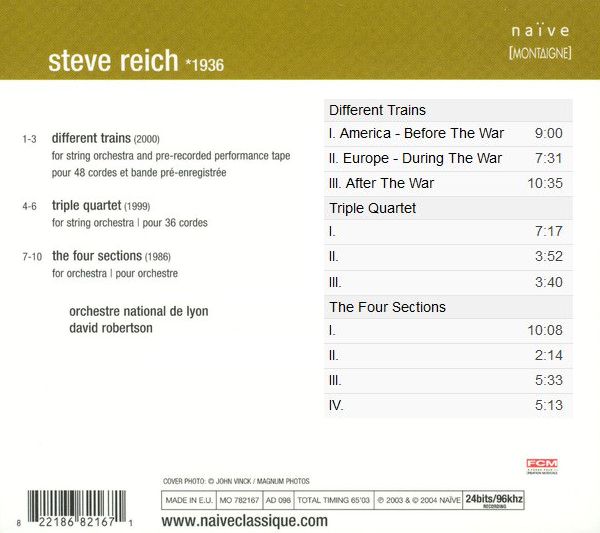 Robertson: It’s not necessarily
composers who are alive. One has to be very honest with oneself,
and say, “At the moment, this composer is not
something I should be doing. There are lots of other people around,
so let them do it.” However, it’s a very tricky
question. For example, I did a world premiere of a composer, Brian
Ferneyhough, who, because of the complexity and the type of scores,
I had a natural prejudice towards. I’ve been with him on several,
reading-panels of scores, and I found the person absolutely fascinating.
So I thought that this is a prejudice I should look at again. As
Music Director, we had this premiere coming up, and I decided to program
it for myself. So, I worked on it very hard, and sure enough, in
working with the piece, and really working and really pushing myself to
try and open my horizons to see what is this, why this note is here,
why this texture, this notation, this type of sound, I found the experience
absolutely fantastic. It really was a case of suddenly being able
to understand something within oneself in order to bring this out to someone
else.
Robertson: It’s not necessarily
composers who are alive. One has to be very honest with oneself,
and say, “At the moment, this composer is not
something I should be doing. There are lots of other people around,
so let them do it.” However, it’s a very tricky
question. For example, I did a world premiere of a composer, Brian
Ferneyhough, who, because of the complexity and the type of scores,
I had a natural prejudice towards. I’ve been with him on several,
reading-panels of scores, and I found the person absolutely fascinating.
So I thought that this is a prejudice I should look at again. As
Music Director, we had this premiere coming up, and I decided to program
it for myself. So, I worked on it very hard, and sure enough, in
working with the piece, and really working and really pushing myself to
try and open my horizons to see what is this, why this note is here,
why this texture, this notation, this type of sound, I found the experience
absolutely fantastic. It really was a case of suddenly being able
to understand something within oneself in order to bring this out to someone
else.[As we were saying our good-byes, I mentioned having interviewed Aimard, and Robertson said, “Such a brilliant man. We’ve done a number of things together, and it absolutely astounds me. He is so inspiring.”]
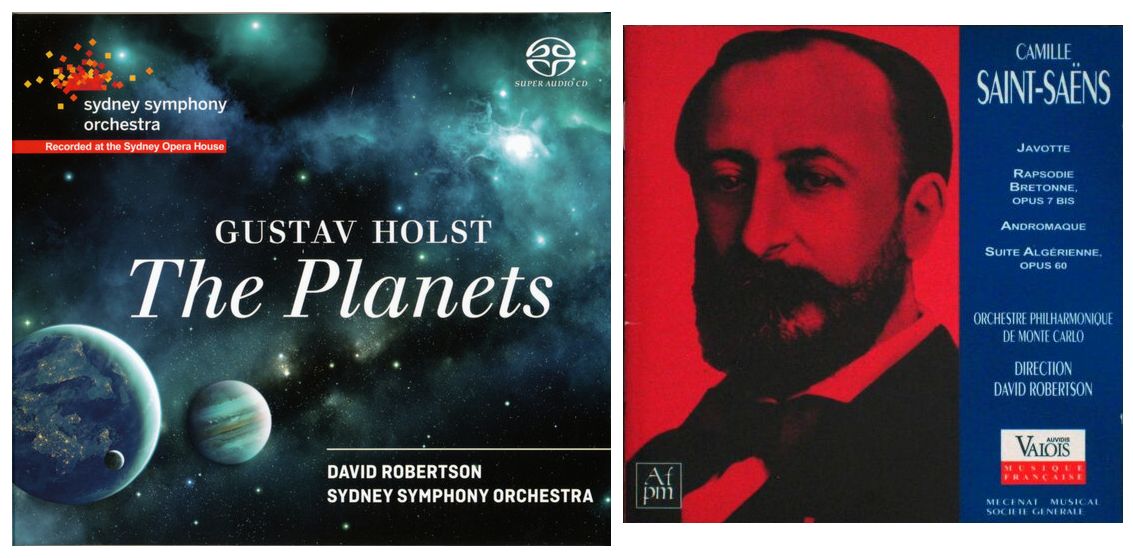
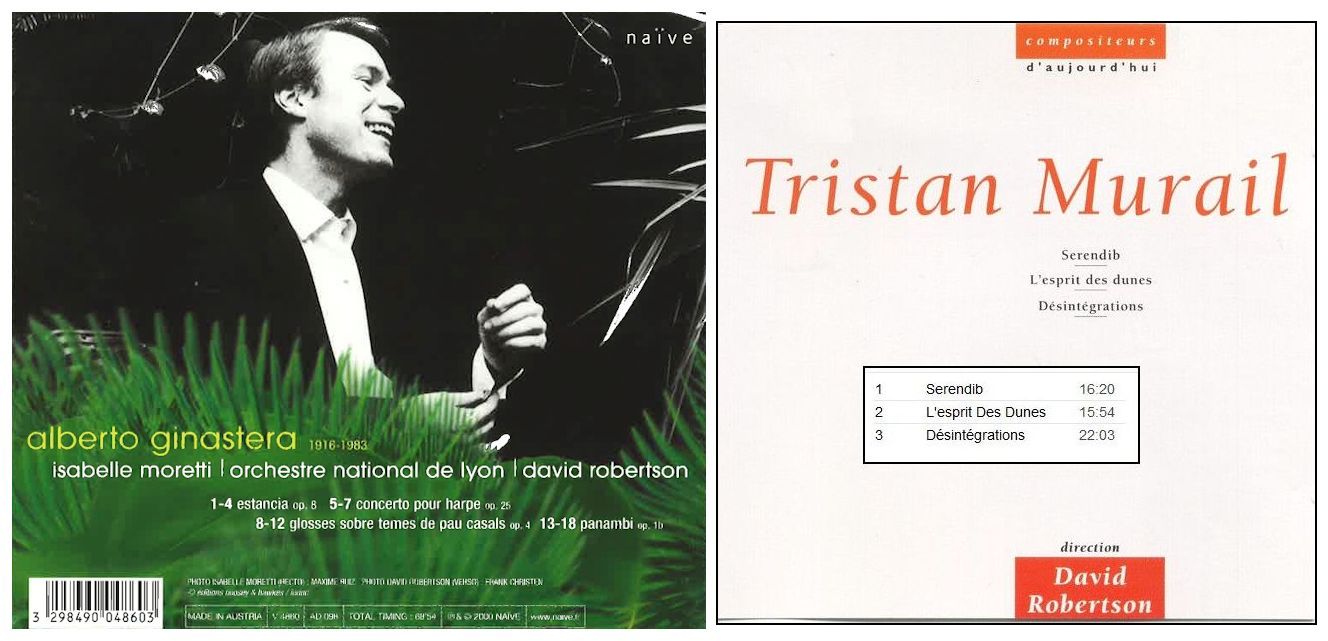
© 1999 Bruce Duffie
This conversation was recorded in Chicago on January 28, 1999. Portions were broadcast on WNIB the following year; and on WNUR in 2003 and 2014. This transcription was made in 2020, and posted on this website at that time.
To see a full list (with links) of interviews which have been transcribed and posted on this website, click here. To read my thoughts on editing these interviews for print, as well as a few other interesting observations, click here.
Award - winning broadcaster Bruce Duffie was with WNIB, Classical 97 in Chicago from 1975 until its final moment as a classical station in February of 2001. His interviews have also appeared in various magazines and journals since 1980, and he now continues his broadcast series on WNUR-FM, as well as on Contemporary Classical Internet Radio.
You are invited to visit his website for more information about his work, including selected transcripts of other interviews, plus a full list of his guests. He would also like to call your attention to the photos and information about his grandfather, who was a pioneer in the automotive field more than a century ago. You may also send him E-Mail with comments, questions and suggestions.